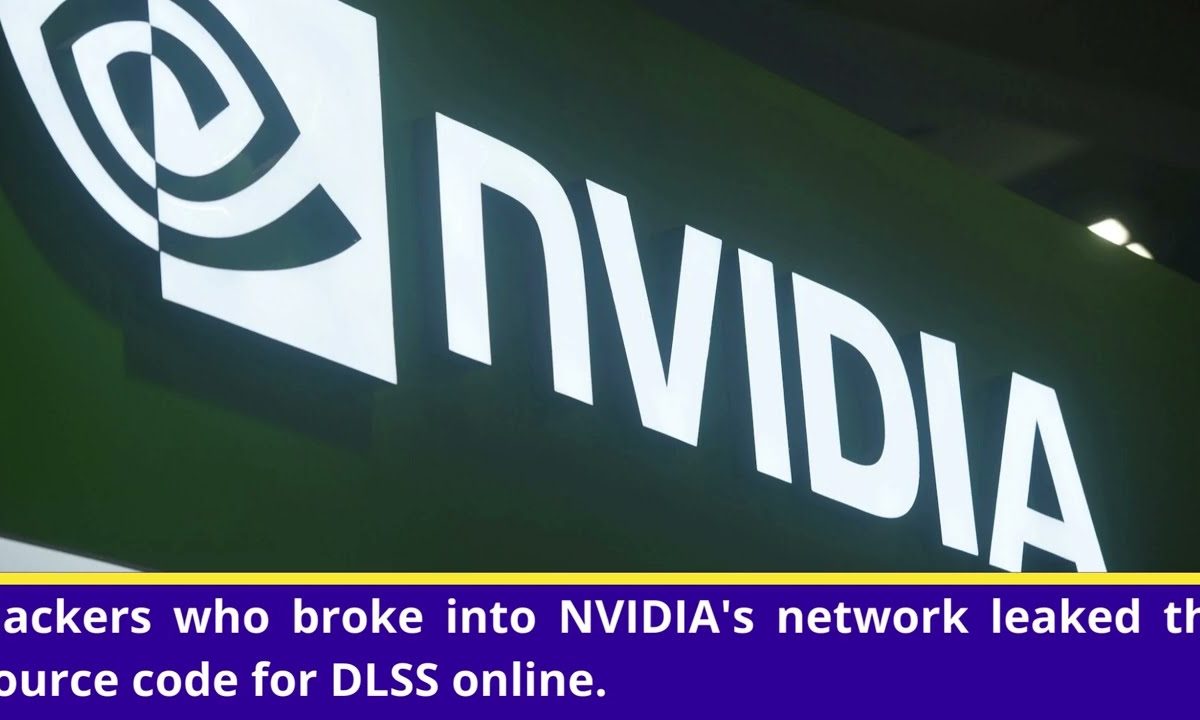01
Hackers who broke into NVIDIA’s network leaked the source code for DLSS online.
A dark web intelligence firm called DarkTracer says that the LAPSUS extortion gang, which also attacked Impresa, Localiza, Claro and Embratel earlier this year, has claimed responsibility for the attack. It says it will leak what it says is private information unless the “fee” is paid.
The group also said that NVIDIA had hacked back and encrypted the stolen data with ransomware, but that it was able to get the files back from a backup.
In the end, the intruders changed their demands. They asked NVIDIA to release a software update that removes the Lite Hash Rate (LHR) technology from its graphics cards, which is meant to cut the rate of Ethereum mining by 50% and keep cryptocurrency miners from buying the gaming-focused GPUs.
02
Cyber-Attack on New York Ethics Watchdog
It was a “deliberate malicious cyber-attack” that forced the Joint Commission on Public Ethics (JCOPE) in New York State to shut down its computers.
A group that monitors lobbying at the State Capitol said on Friday that an investigation was underway to figure out how big the attack was and who was behind it.
Alarms went off at the start of last week when workers from the New York Office of Information Technology Services got an alert about suspicious activity on a system called JCOPE. The Commission decided to be safe and shut down some of its systems, like its lobbying application and financial disclosure statement online filing system, as a precaution.
03
Nato’s Cyber Security Center has been able to test secure communication flows in a post-quantum world by using a VPN that was made in the UK.
It’s very important to keep NATO’s communications safe for the quantum age, says Konrad Wrona, a principal scientist at the NCSC. This way, NATO can work effectively without fear of being intercepted. “With the threat of “harvest now and decrypt later” looming over secure communications, this is becoming more and more important.”
A standard for a hybrid post-quantum VPN was written by the creators of the VPN. They say this standard makes it possible for a VPN to be attacked by quantum physicists.
04
Oyo appoints former PayU exec Prakash Padariya as cyber security head
Prakash Padariya has been named the Chief Information Security Officer (CISO) for Oyo’s IT and security teams. Padariya will be in charge of a security strategy for Oyo’s systems around the world, including India, SEA, Europe, the US, and the UK, where the company does business.
He will also be in charge of using new technologies like big data analytics and artificial intelligence to make cyber security better from the ground up.al intelligence to enhance cyber security functions from the ground up.
Title track
News by Free Music |
Music promoted by
Creative Commons Attribution 3.0 Unported License






